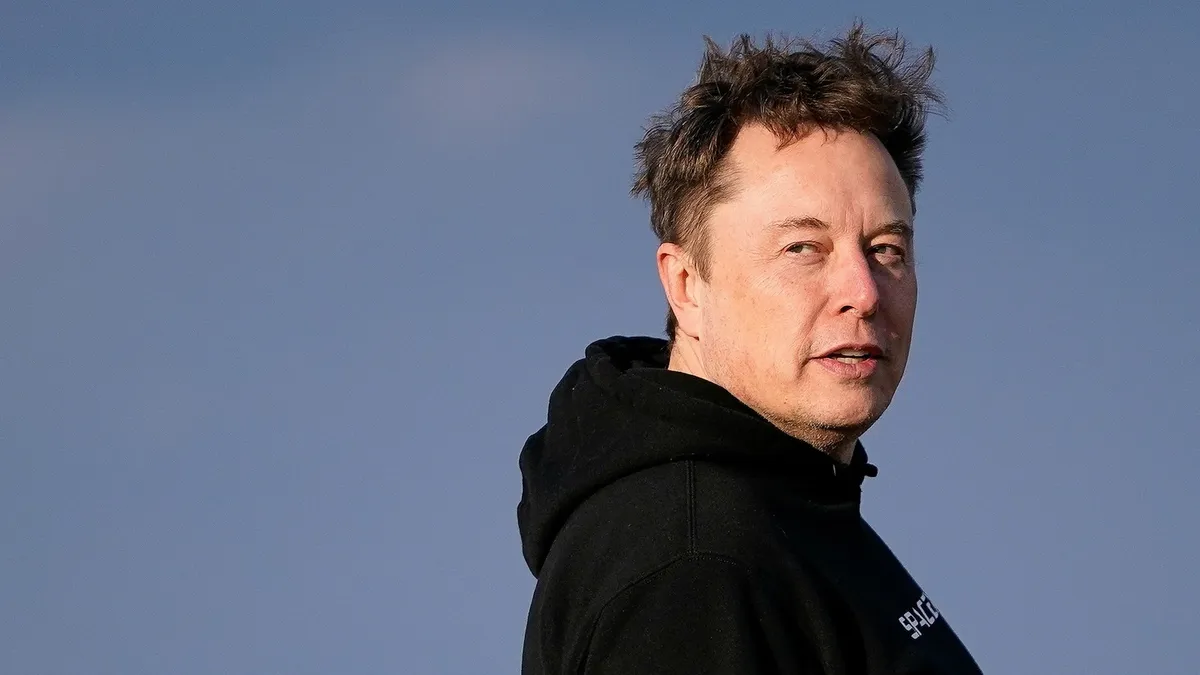
On Sunday night, the Wisconsin Supreme Court made a decisive ruling by rejecting a lawsuit filed by Wisconsin Attorney General Josh Kaul, aimed at halting a planned $1 million giveaway orchestrated by Elon Musk and America PAC. This giveaway, intended for two attendees at a town hall event in Green Bay, Wisconsin, was scheduled to occur just minutes after the court's decision, which was also meant to support conservative candidate Brad Schimel.
The controversy unfolded as the Wisconsin Supreme Court dismissed a request from Musk's legal team, which sought the recusal of two justices, Rebecca Frank Dallet and Jill J. Karofsky. These justices had previously campaigned for Susan Crawford, a candidate critical of Musk. The court's ruling came after an appeals court denied Kaul's emergency motion on Saturday to prevent the giveaway from taking place.
In his initial filing on Friday, Attorney General Kaul argued for urgent intervention, stating that he sought to stop Musk and America PAC from "further promoting a million-dollar giveaway to attendees of a planned event" and from making any payments to Wisconsin electors to influence their voting decisions. However, Judge W. Andrew Voigt of the Columbia County Circuit Court declined to hear the case before the event, leading Kaul to escalate the matter to the Wisconsin Supreme Court.
Kaul’s lawsuit claimed that Musk’s announcement of a $1 million giveaway to two electors, conditioned on their participation in the upcoming April 3, 2025, Wisconsin Supreme Court election, constituted a direct violation of state law. The law explicitly prohibits anyone from offering anything of value to an elector to influence their voting behavior. Kaul requested a restraining order to prevent any further promotion of the giveaway and to stop any payments to Wisconsin voters.
Musk's legal team characterized the planned giveaways as merely "spokesperson agreements" for representatives of the PAC. They argued that the involvement of Justices Dallet and Karofsky, due to their prior campaign affiliations, presented a potential conflict of interest that warranted their recusal from deliberations on the case.
As the legal battle unfolded, it was noted that Musk's affiliated political groups, America PAC and Building America’s Future, had already invested nearly $20 million in support of Schimel’s campaign for the open seat. This election has become a focal point in Wisconsin politics, evolving into the most expensive state supreme court race in American history, according to the Brennan Center for Justice at New York University.
Musk has a history of employing cash giveaways as a political strategy. Notably, during the previous election cycle, he offered a controversial $1 million sweepstakes to voters in swing states, aimed at boosting President Donald Trump's chances in those regions. The upcoming Wisconsin Supreme Court election has thus become not only a legal battleground but also a significant political event, drawing national attention.